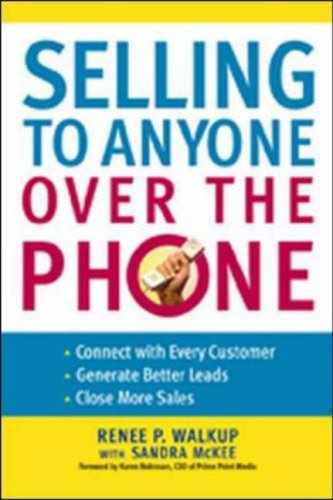Chapter 7. Listening Through the Words
DO YOU REMEMBER singing in a group? Maybe it was at church or camp; possibly it occurred with a group of friends and a guitar in a dorm room in college. And there were always several kinds of singers. You remember, there was the guy who sang horribly but was the only one who always knew the words. The one who played the guitar could sing well—as long as the music was in the C key. One had an amazing voice and stood out above all the others, never missing a note and dominating the sound. And then there was the final one, the person everyone wanted to hear. With her keen ear for music and her amazing talent, she used her voice to blend with the others, making everyone sound better. This person’s listening ability, skill, and melodic use of her voice made her the most effective in the group.
A good salesperson—no, the best salespeople—can pick up on layers of customer needs, customer personality types, possible objections, and the timing of a close, all on the phone, and all by listening intently. Admittedly, this is a two-part process: focusing sharply enough to catch all the subtle as well as the direct messages the customer sends and then processing those messages into the best strategy to close the sale. The first and most necessary step, however, is strategic listening at a deeper level.
As a salesperson, you are under pressure to make decisions very quickly about whether to pursue a call or cut your losses and contact a better prospect. This pressure can potentially eliminate sales. A professional consultative salesperson accepts the challenge and capitalizes on the unique situation every conversation presents. Listening strategically over the phone is as essential as being able to talk.
As you are listening, you should be asking yourself some of the following questions:
Is this customer receptive?
Is this customer too busy to talk?
Does this customer sound stressed?
Is this customer multitasking during your call?
Does this customer sound happy you called?
What is the personality type of the customer?
You need to immediately pick up on your customer’s energy that comes through the phone. Even on a customer-requested follow-up call, which should be an easy path to a close, you want to be alert. A lack of enthusiasm in the customer’s tone can mean any number of things. You’ll want to uncover whether this lackluster manner is because of changed conditions concerning the sale or just a change in mood that has nothing to do with you or your product. If conditions have changed, your job is to regroup quickly and strategize for a new goal. For example, you may decide to set an appointment for a later time when the customer might be more receptive and less distracted.
Also, keep in mind that the customer’s job is to get you off the phone as quickly as possible without your making a sale. That’s part of the game of phone selling. Nowhere in the customer’s job description is the phrase “entertain calls from salespeople.” That’s too bad. The reality is customers have become so accustomed to salespeople who unprofessionally waste their time by telling, telling, and more TELLING, that they think we all talk too much. Regardless of what businesses those other salespeople represent, they are competing for your customer’s time. So, that’s your real competition: time. Your attention to the customer, demonstrated by your listening, can be a differentiator. Are your competitors listening at the same level that you are? Believe me, your customer knows—and votes with his or her dollars.
